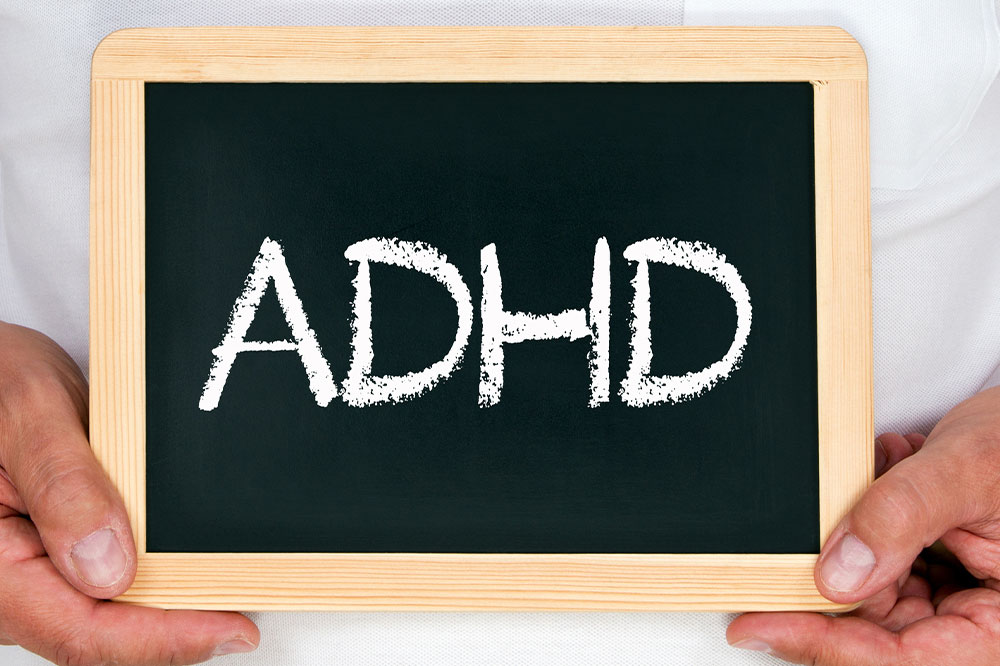Comprehensive Guide to Understanding and Managing Anxiety Disorders
Discover a comprehensive overview of anxiety disorders, including their types, symptoms, contributing factors, and effective management strategies. This detailed guide emphasizes early recognition and a combination of therapies and lifestyle modifications to help individuals lead healthier, anxiety-free lives. Learn how various treatments, from medications to natural approaches, can make a significant difference in managing anxiety and improving overall mental health.

An In-Depth Look at Anxiety Disorders and Effective Management Strategies
Anxiety disorders represent a group of mental health conditions characterized by persistent and excessive feelings of fear, worry, or unease that can interfere significantly with daily life. These conditions are among the most common mental health issues worldwide, affecting millions of individuals across different age groups and backgrounds. Recognizing the various types of anxiety disorders, understanding their underlying causes, identifying symptoms early, and exploring effective treatment options are crucial steps in managing these conditions effectively. This comprehensive guide aims to shed light on the different facets of anxiety disorders, offering insights into their symptoms, contributing factors, and the array of management strategies available.
Understanding Anxiety Disorders
Anxiety disorders encompass several mental health conditions, each distinguished by the nature of fears and worries experienced. The primary types include generalized anxiety disorder (GAD), social anxiety disorder (SAD), specific phobias, and panic disorder. While everyone experiences occasional fear and worry, anxiety disorders involve a level of fear that is disproportionate to the actual threat or persists for extended periods.
Persistent and excessive worry can cause severe distress and hinder personal, social, and occupational functioning. Without prompt intervention, anxiety disorders can lead to other health issues like depression, substance abuse, and physical health problems. Fortunately, a combination of therapies, medications, and lifestyle modifications can effectively control symptoms, allowing individuals to lead fulfilling lives.
Factors Contributing to the Development of Anxiety
The origins of anxiety disorders are multifaceted, involving a complex interplay of genetic, environmental, and psychological factors. While the exact cause remains unclear, research has identified several contributing elements:
**Genetic Predisposition:** A family history of anxiety or other mental health conditions increases the likelihood of developing anxiety disorders, suggesting a hereditary component.
**Traumatic Experiences:** Exposure to trauma, abuse, or significant life stressors, especially during childhood, can trigger or exacerbate anxiety conditions.
**Medical Conditions:** Certain illnesses, such as thyroid problems, diabetes, or respiratory disorders, can induce anxiety symptoms or worsen existing anxiety.
**Personality Traits:** Individuals with certain personality traits, such as perfectionism or neuroticism, are more susceptible to anxiety disorders.
**Substance Use:** The consumption of alcohol, recreational drugs, or caffeine can either trigger anxiety episodes or worsen symptoms over time.
Understanding these factors is vital for tailoring effective treatment plans and providing supportive care for affected individuals.
Recognizing Symptoms of Anxiety Disorders
Identifying anxiety symptoms early is essential for prompt intervention. Different types of anxiety disorders display distinct yet overlapping signs. Here is an overview of common symptoms associated with various anxiety-related conditions:
Panic Attacks
Sudden episodes of intense fear or discomfort accompanied by physical symptoms such as rapid heartbeat, chest pain, sweating, trembling, or shortness of breath.
Feelings of choking, dizziness, or numbness often occur during these episodes.
Individuals may experience a sense of impending doom or loss of control.
Chronic Anxiety or Generalized Anxiety Disorder (GAD)
Persistent, excessive worry about daily events, health, finances, or personal relationships.
Physical symptoms include muscle tension, fatigue, restlessness, irritability, difficulty concentrating, and sleep disturbances.
Specific Phobias
Intense and irrational fear of particular objects or situations, such as heights, spiders, flying, or confined spaces.
Recognition of the fear often leads to avoidance behaviors or attempts to escape the feared stimulus.
Physical anxiety symptoms may also be present upon exposure to the phobic trigger.
Knowing these symptoms can help individuals and caregivers seek appropriate medical advice and support at the right time.
Effective Treatment Strategies
Managing anxiety disorders typically involves a combination of medical, psychological, and natural approaches designed to reduce symptoms and improve quality of life. The choice of treatment depends on the severity of symptoms and individual preferences:
Medications
**Anti-anxiety medications:** Drugs such as Buspirone are commonly prescribed to alleviate persistent anxiety symptoms without causing sedation or dependency.
**Beta-blockers and sedatives:** For short-term relief of acute anxiety episodes, medications like propranolol or benzodiazepines may be used under medical supervision, though they are not suitable for long-term use.
Psychological Therapies
**Cognitive Behavioral Therapy (CBT):** Considered the gold standard for anxiety management, CBT helps patients identify and challenge distorted thought patterns and develop healthier coping mechanisms.
**Exposure Therapy:** This technique involves gradual confrontation with feared objects or situations, aiming to desensitize the individual and reduce avoidance behaviors.
**Mindfulness and Relaxation Techniques:** Practices such as meditation, deep breathing, and progressive muscle relaxation can help reduce daily stress and anxiety levels.
Natural and Lifestyle Approaches
**Regular physical activity:** Exercise has proven benefits in reducing anxiety by releasing endorphins and improving overall mental health.
**Dietary modifications:** Avoiding caffeine, alcohol, and recreational drugs can significantly decrease anxiety episodes.
**Sleep hygiene:** Establishing a consistent sleep schedule and creating a calming bedtime routine helps improve sleep quality, which is crucial for mental well-being.
**Support networks:** Engaging with support groups or talking to trusted friends and family can provide emotional comfort and encouragement.
In conclusion, anxiety disorders are complex but manageable conditions that require a comprehensive approach to treatment. Recognizing early symptoms, understanding contributing factors, and utilizing an appropriate combination of therapies and lifestyle changes can lead to significant improvements. With the right support and treatment, individuals living with anxiety can regain control over their lives and experience enhanced emotional resilience and well-being.





